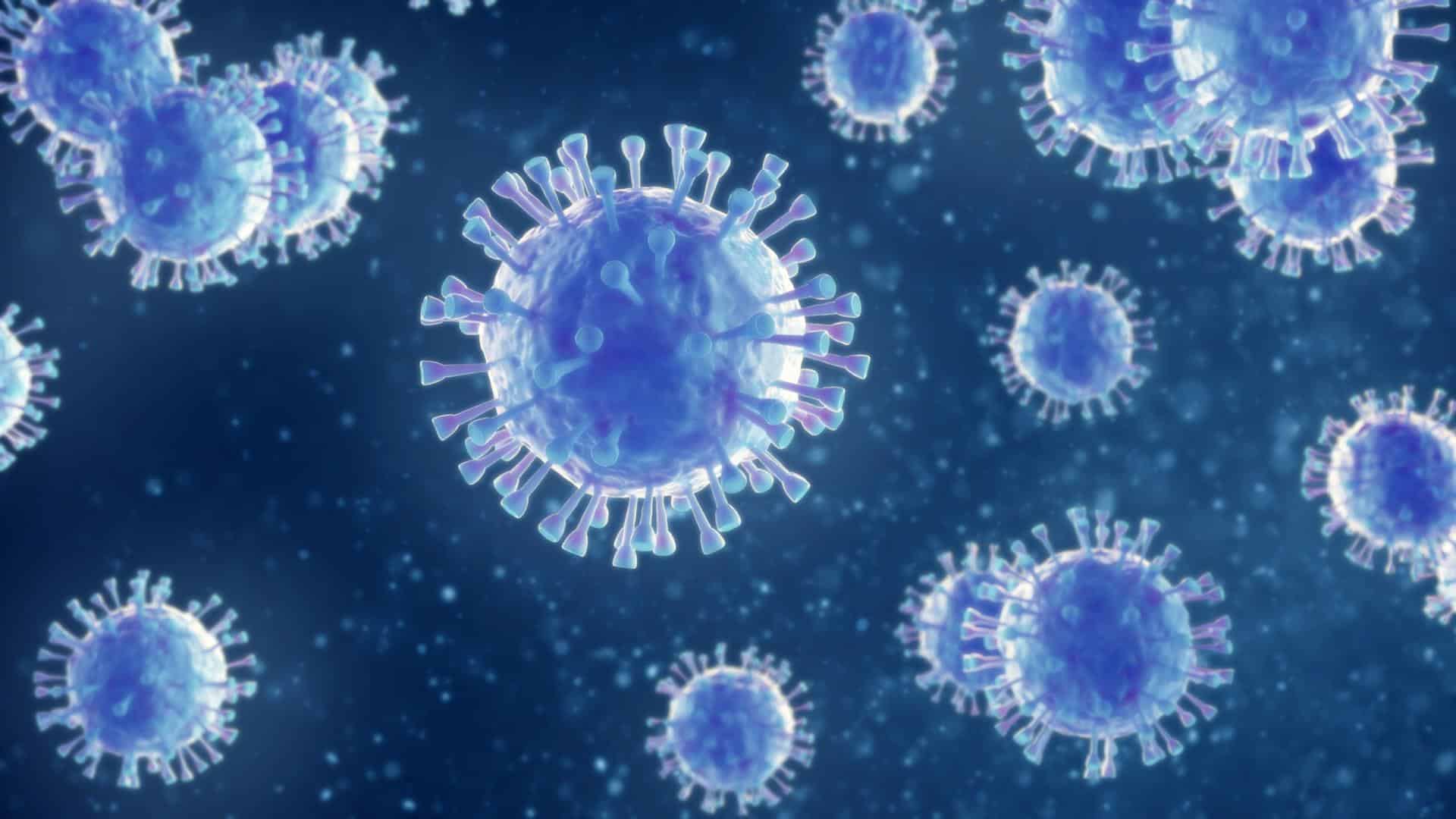The World Health Organization on Friday, November 26, declared the B.1.1.529 strain of the novel coronavirus, first detected in South Africa, as a variant of concern, or VOC.
WHO said in a statement that the variant — named Omicron after the 15th letter of the Greek alphabet — “has a large number of mutations, some of which are concerning.”
It added: “Preliminary evidence suggests an increased risk of reinfection with this variant, as compared to other VOCs.”
However, it is still detectable by existing tests, said the organization, so there may not be a need to develop a different testing mechanism for it.
WHO said the Omicron strain was first reported officially by South Africa on November 24.
However, the first known confirmed B.1.1.529 infection was from a specimen collected on November 9, more than two weeks before the official reporting.
It has since spread to Hong Kong and Botswana, prompting countries across the world to ban travel from South Africa and its neighbors, including Namibia, Botswana, Zimbabwe, Mozambique, Lesotho, and Eswatini.
WHO has asked countries to enhance surveillance and sequencing efforts to “better understand circulating SARS-CoV-2 variants.”
It has also urged them to submit complete genome sequences and associated metadata to a publicly available database, such as GISAID.
Nations have also been told to report initial cases or clusters associated with VOC infection to WHO through the IHR mechanism.
Countries should also perform field investigations and laboratory assessments to improve understanding of the potential impacts of the VOC on COVID-19 epidemiology, severity, effectiveness of public health and social measures, diagnostic methods, immune responses, antibody neutralization, or other relevant characteristics.
However, this may be done only where capacity exists, and in coordination with the international community.
WHO designates a strain a VOC if it shows an increase in transmissibility or detrimental change in Covid-19 epidemiology, or an increase in virulence or change in clinical disease presentation, or even a decrease in effectiveness of public health and social measures or available diagnostics, vaccines, and therapeutics.








